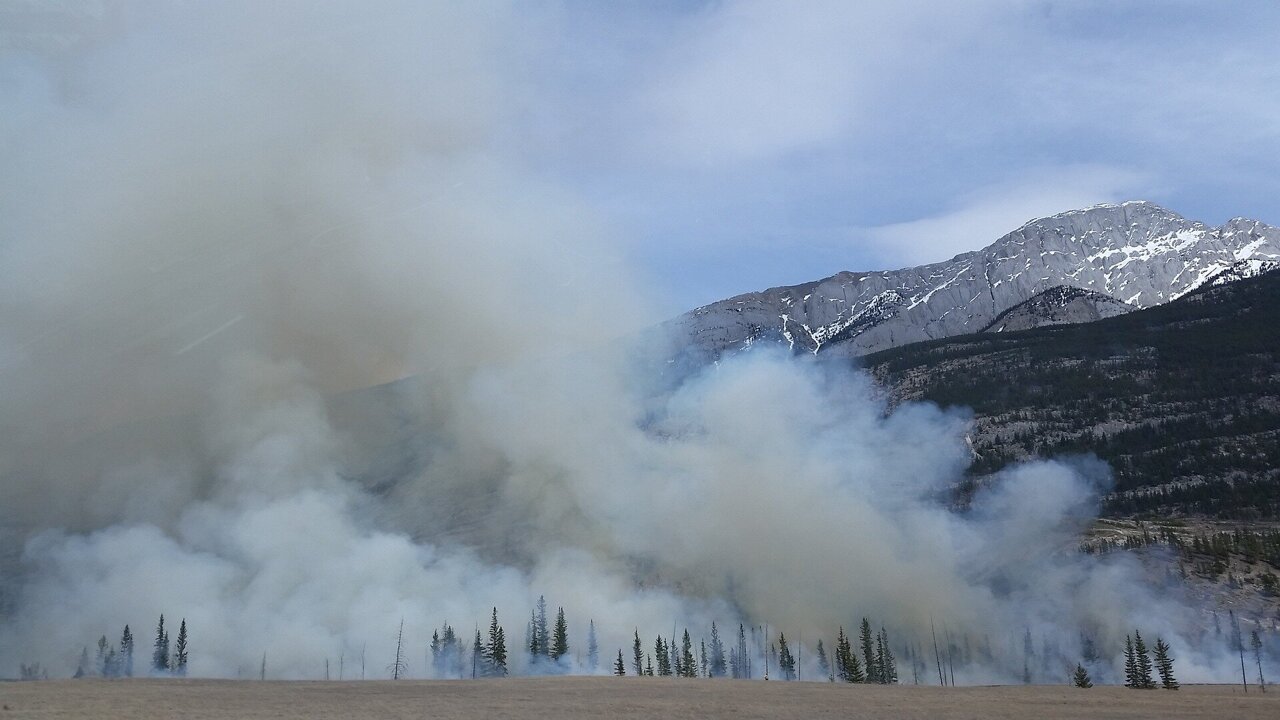Smoke Signals of Distress: How Wildfires Ignite Mental Health Struggles

A groundbreaking study reveals a startling connection between wildfire smoke and mental health, highlighting the profound impact of environmental pollution on psychological well-being. Researchers have discovered that exposure to fine particulate matter (PM2.5) from wildfire smoke significantly increases emergency department visits for mental health conditions.
The study delves into the intricate relationship between air quality and mental health, uncovering how tiny particles from devastating wildfires can have far-reaching consequences beyond physical respiratory issues. As climate change intensifies wildfire seasons, these findings shed critical light on the hidden psychological toll of environmental disasters.
Patients exposed to high levels of fine particulate pollution showed a marked increase in emergency department visits related to mental health challenges. This research underscores the urgent need to understand and mitigate the broader health impacts of environmental pollution, particularly in regions prone to wildfires.
The implications are profound, suggesting that air quality is not just a physical health concern, but a critical factor in mental health and community well-being. As communities continue to face increasing environmental challenges, this study provides crucial insights into the complex interplay between our environment and mental health.
